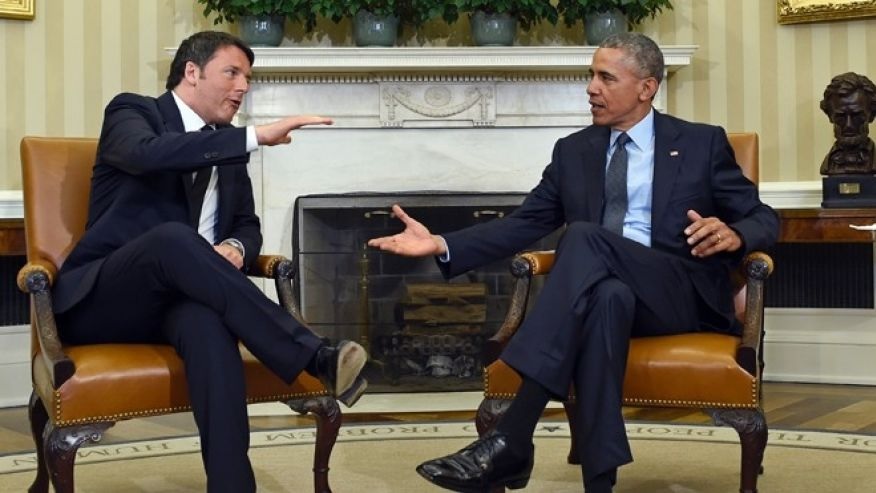
Populist anger has reached a fever pitch around the globe. The U.K.’s decision to leave the EU and the U.S. election of Donald Trump were in my opinion, votes against the establishment and policies set by President Obama, Angela Merkel, global central bankers, et al. President Obama’s recent endorsement of former Italian Prime Minister Matteo Renzi practically sealed the “No” vote against his proposed structural reforms.
The Situation
Central bankers around the world have spent trillions in a bond buying binge to lower interest rates. The logic went that if trillions of monetary stimulus actually spurred global economies then they would have been deemed geniuses. If not, then they had cover; since all central bankers and world leaders were engaging in QE then the populace couldn’t blame any one person. Meanwhile, the inflated asset prices driven by quantitative easing (“QE”) inured to the benefit the investor class that represented a small segment of society.
The majority of those who didn’t benefit bristled. The sentiment made sense to anyone who could think critically. However, the mainstream dismissed any criticism of the establishment as “populism.”
President Obama Exhorted Britain To Remain In the EU
The UK’s decision to have a June vote on whether to stay in the EU was emblematic of populist angst. In April President Obama made a direct plea to Britain to remain in the EU:
President Barack Obama made a bold intervention into the politics of Washington’s closest ally on Friday, exhorting Britons to stay in the EU and warning that if they left they would be at “the back of the queue” for a U.S. trade deal.
Obama’s plea to British voters ahead of a June referendum on membership of the European Union was welcomed by Prime Minister David Cameron and other supporters of the EU, but denounced by those campaigning to leave as meddling in British affairs …
Rebutting criticism that he was interfering, Obama invoked the cherished “special relationship” between Washington and London.











Leave A Comment